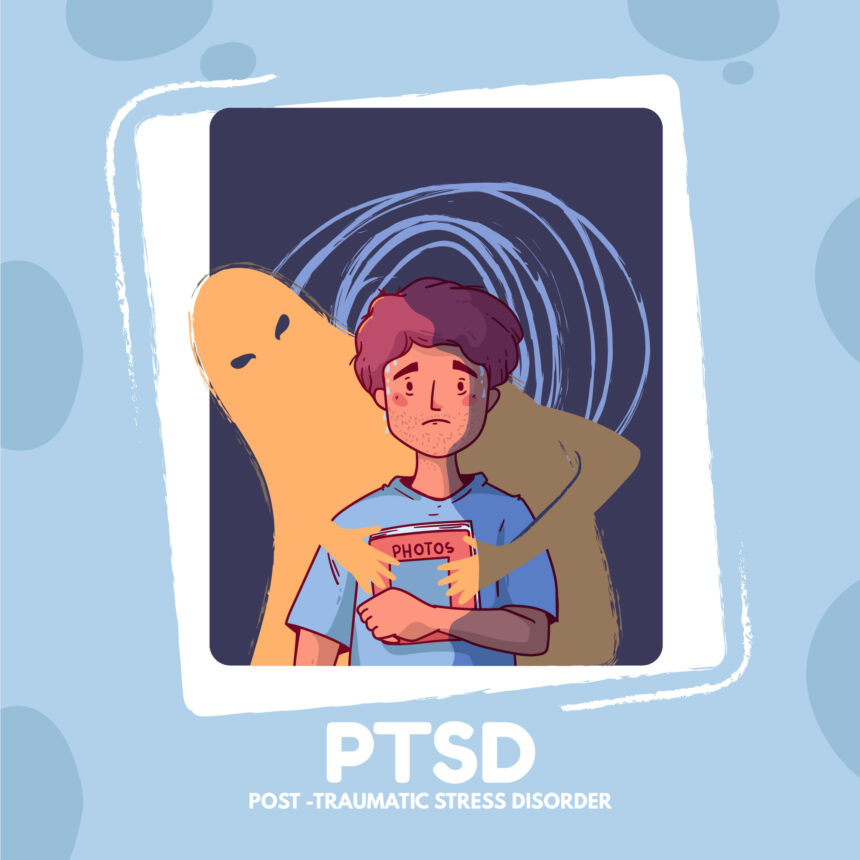Post-Traumatic Stress Disorder (PTSD) is a mental health condition that affects individuals who have experienced or witnessed a traumatic event. It can have a profound impact on a person’s well-being and quality of life, and addressing this issue is crucial for the overall health of the affected individuals and society as a whole. In South Africa, a country with a complex history marked by violence and trauma, addressing PTSD has become a pressing concern.
South Africa has a legacy of political violence, racial discrimination, and socioeconomic inequality, which has left a significant portion of the population vulnerable to trauma and subsequent mental health issues. Events such as the apartheid era, the violence during the transition to democracy, and the persisting high rates of crime and interpersonal violence have contributed to a widespread prevalence of PTSD among South Africans.
One of the challenges in addressing PTSD in South Africa is the stigma associated with mental health. Like in many other societies, mental health issues are often stigmatized and misunderstood, leading to underreporting and a lack of access to appropriate care. It is crucial to break down these stigmas and raise awareness about PTSD to ensure that those affected feel comfortable seeking help and support.
A comprehensive approach to addressing PTSD in South Africa requires the involvement of multiple stakeholders, including the government, healthcare professionals, community organizations, and civil society. Here are some key areas that need to be focused on:
- Mental health infrastructure and resources: Enhancing the mental health infrastructure by increasing the number of mental health facilities, training mental health professionals, and allocating sufficient resources to mental health services is essential. This includes providing specialized trauma-informed care and expanding access to evidence-based treatments for PTSD, such as cognitive-behavioral therapy and eye movement desensitization and reprocessing (EMDR).
- Public education and awareness: Implementing public education campaigns to raise awareness about PTSD, its symptoms, and available treatments is crucial. These campaigns should aim to reduce stigma, encourage help-seeking behavior, and provide information about support services available in the community. Education should target not only the general public but also schools, workplaces, and healthcare settings.
- Trauma-informed care: Integrating trauma-informed approaches into various sectors, such as healthcare, education, and criminal justice systems, is vital. This involves training professionals to recognize and respond sensitively to individuals affected by trauma. By creating safe and supportive environments, survivors of trauma can be better supported throughout their healing journey.
- Community support: Establishing and strengthening community support networks can play a significant role in addressing PTSD. This includes promoting peer support groups, establishing helplines and online platforms for individuals to seek assistance, and collaborating with community-based organizations to provide targeted support to vulnerable populations, such as survivors of gender-based violence or victims of crime.
- Research and data collection: Investing in research and data collection on PTSD in South Africa is crucial for developing evidence-based interventions and monitoring the effectiveness of existing programs. This can help inform policy decisions and resource allocation, ensuring that interventions are tailored to the specific needs of the population.
- Addressing systemic issues: Addressing the root causes of trauma and working towards a more just and equitable society is essential for preventing and mitigating the impact of PTSD. This includes addressing socioeconomic inequalities, promoting social cohesion, and implementing policies that prioritize the well-being of all citizens.
Addressing PTSD in South Africa is a complex and multifaceted task that requires a comprehensive and collaborative approach. By investing in mental health infrastructure, raising awareness, providing trauma-informed care, strengthening community support networks, conducting research, and addressing systemic issues, South Africa can make significant strides in supporting individuals affected by PTSD and improving the overall mental health of its population. It is crucial to recognize that the path to healing from trauma is unique for each individual, and a compassionate and inclusive approach is necessary to ensure that no one is left behind.










